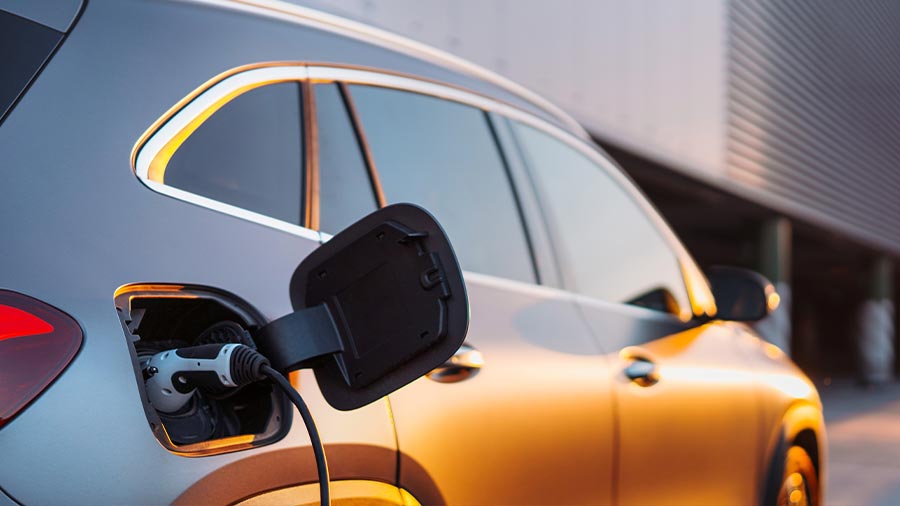
On November 23, 2023, Indonesia and Australia formally declared their collaboration in the electric vehicle (EV) industry by signing a Memorandum of Understanding (MoU) in Jakarta.
The MoU co-signed by Indonesian ad interim Coordinating Minister for Maritime Affairs and Investment, Erick Thohir, and Australian Minister for Industry and Science, Ed Husic, is designed to open up opportunities in the global EV supply chain
The focus is in particular on key elements such as lithium and nickel processing which are deemed essential commodities in the production of EV batteries and theirrelated industries. Additionally, both nations aspire to participate in collaborative scientific research endeavors and foster new business-to-business relationships.
This MoU is not an isolated initiative but a seamless continuation of the broader diplomatic efforts between Indonesian President Joko Widodo and Australian Prime Minister Anthony Albanese. It finds its roots in the prior agreement between the two leaders. It is a tangible outcome of the AU$200 million Australia-Indonesia Climate and Infrastructure Partnership, a forward-looking collaborative initiative launched in 2022.
What are the key areas covered in the MoU?
The MoU between Indonesia and Australia encompasses key strategic areas, aligning with their mutual goals and challenges within the EV industry. These include (but are not limited to):
Indonesia’s EV Industry Outlook
Indonesia is ambitiously charting its course within the EV industry, aiming to achieve 2.5 million EV users by 2025. However, current market data indicates that a significant transformation in consumer habits may require more time to materialize. As of August, electric vehicles constitute less than one percent of the total cars on Indonesia’s roads, with last year witnessing 15,400 electric car sales and approximately 32,000 electric motorcycle sales, according to a Reuters report.
While the Indonesian government’s projections aim for rapid growth, the market is experiencing a gradual shift in attitudes. Notably, in West Jakarta, auto dealer PT Prima Wahana Auto Mobil reports an uptick in EV sales. Customers are increasingly opting for vehicles like the Wuling Air EV, often as a secondary option alongside conventional cars.
This cautious approach to adoption is likely influenced by concerns around emerging EV infrastructure, charging facilities, after-sales services, and the critical factor of EV range. Worries about costs and battery power constraints may initially hinder widespread adoption, but Indonesia remains resilient in its pursuit of EV prominence.
Beyond consumer adoption, Indonesia has grander ambitions—positioning itself as a pivotal hub within the global EV supply chain. As the largest automotive market in Southeast Asia and the second-largest production center in the region after Thailand, Indonesia is strategically positioned to play a leading role in the evolving landscape of electric mobility.
Implications of the MoU for Indonesia’s EV Industry
The recently signed MoU carries substantial implications for Indonesia’s dynamic EV industry. One of its key impacts is its strategic alignment with Indonesia’s goal to reduce dependency on Chinese investment and resources. Simultaneously, Australia’s aim to establish a foothold in battery production complements Indonesia’s ambitions.
Meanwhile, Indonesia’s abundance of nickel reserves, a critical mineral in EV production, is a focal point of the MoU. Building on existing foreign investments from major players, this strategic positioning further solidifies Indonesia’s role as a key global player in nickel production.
Lastly, the MoU’s impact extends beyond the domestic landscape and aligns with Indonesia’s broader goal of sustainable and responsible resource utilization and practices.
Source: ASEAN Briefing
Share: